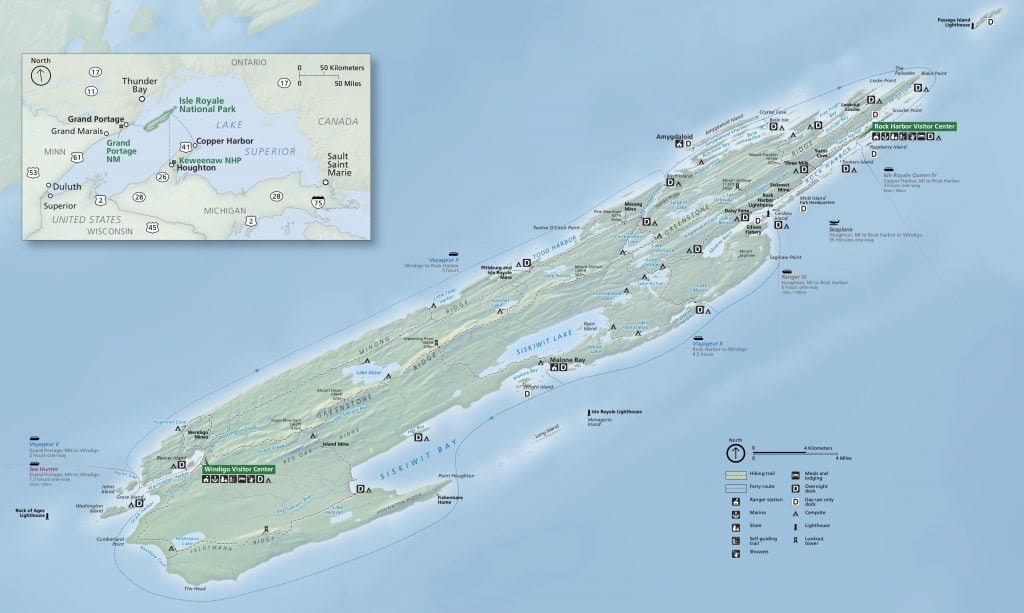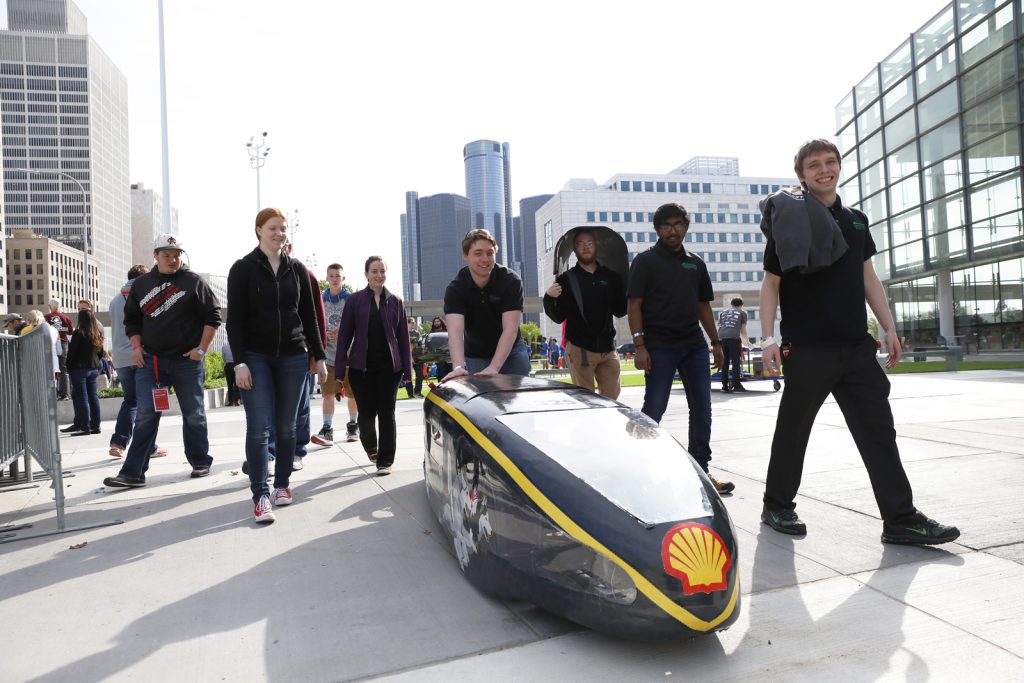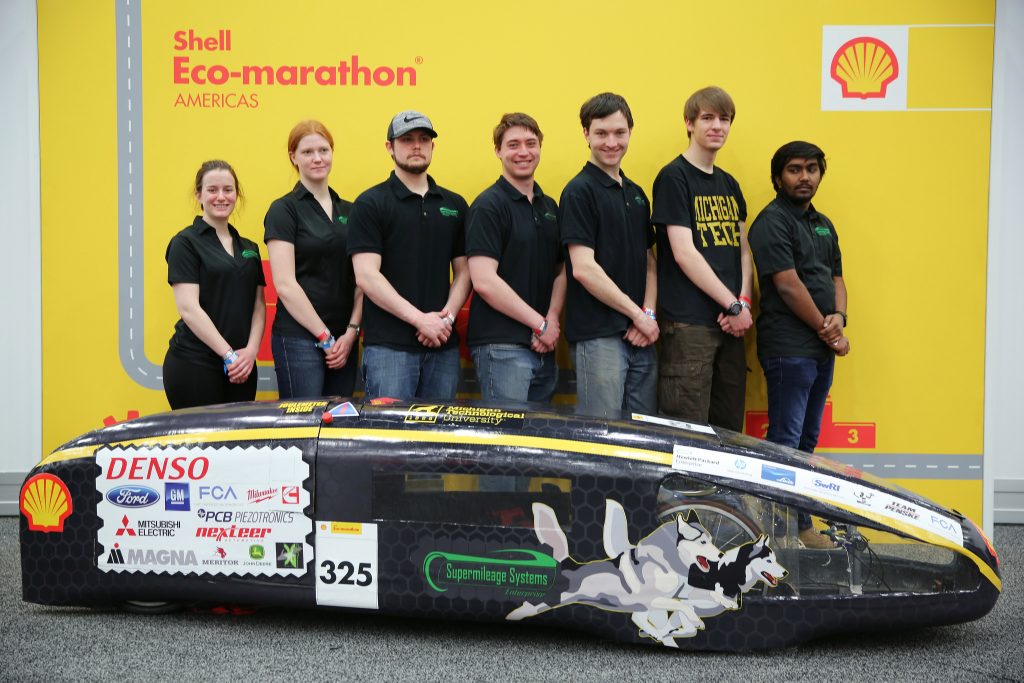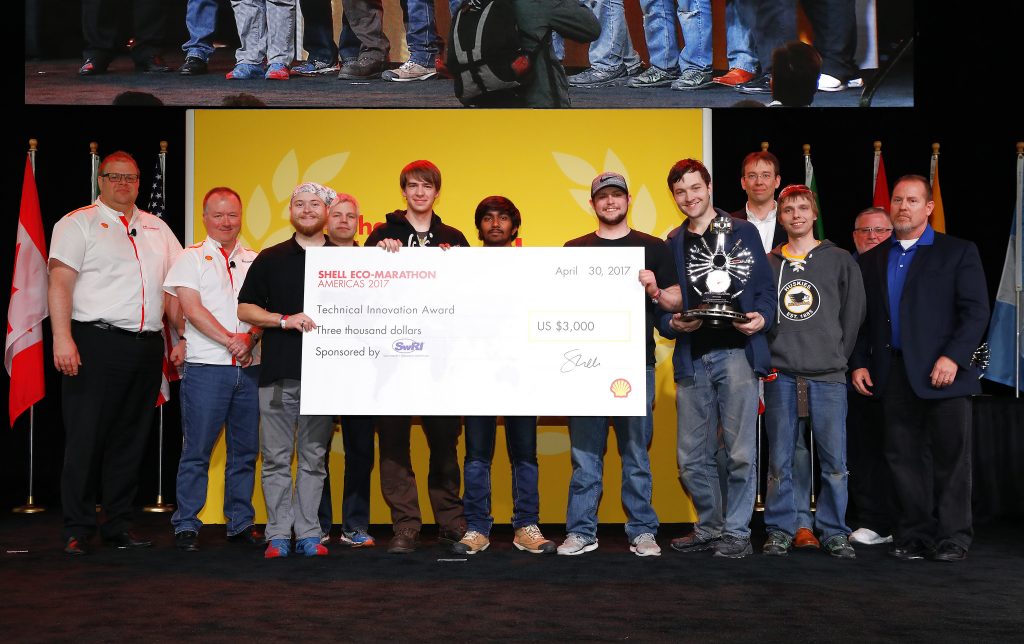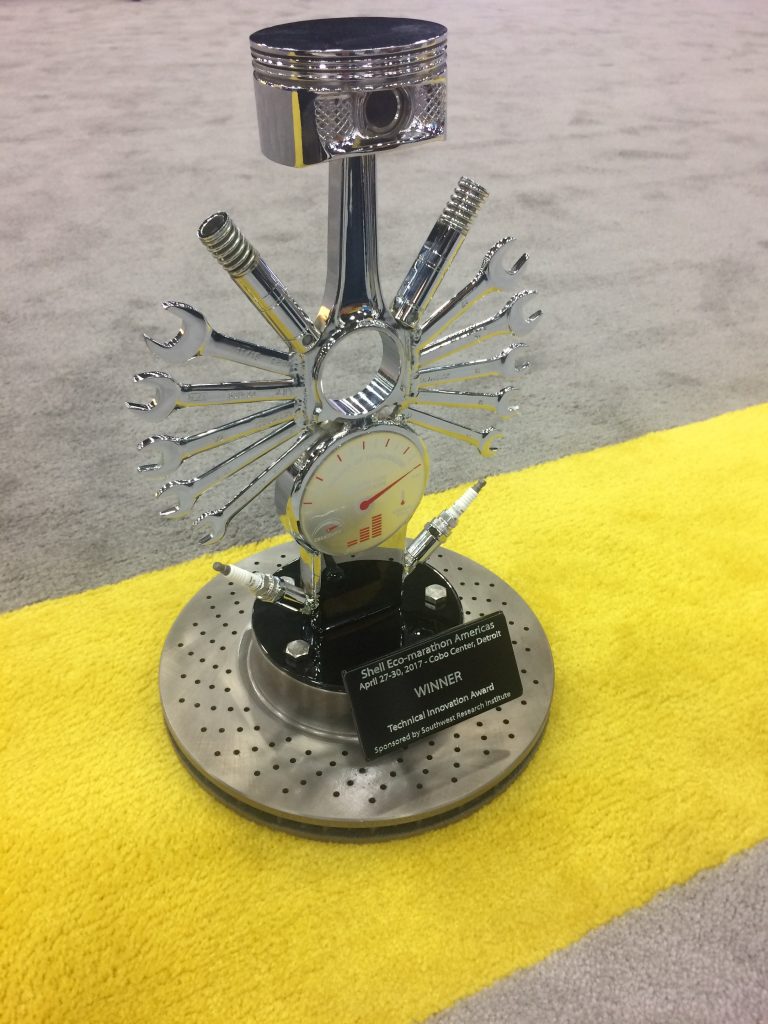No one was harmed in the content of this blog post. Here is team Ghana and these are their stories:(Insert Law & Order Special Effects)
Although week two started off with an unexpected Ghanaian holiday, (Republic Day was July 1st but Monday was the observed holiday) we have accomplished a lot. We started two of our projects which include introducing engineering to the students at Ridge Experimental School and working with Sunyani Regional Hospital to identify issues and take inventory of the medical devices that were not working properly.
Engineering Education
The goal of Engineering Education is to spark an engineering interest in the minds of Ghanaian students. Our first experience with this project, was working with the students at Ridge Experimental School. We started the class off with an ice breaker to loosen the students up by throwing around a balloon with questions on it. When they caught the balloon, they had to say their name and answer the question that their thumb landed on. The student smiled and laughed as we did this. We then asked the students engaging questions such as: Do you know what engineering is? Does anyone know an engineer? What do you know of that has been engineered? We gave them a simple definition of engineering: Working together to create/develop and improve ANYTHING! The activity we gave to the students was to build a bridge. We organized them into groups (6 groups of 10 students – yes, these classes are big) and gave each team straws, tape, and scissors. Now keep in mind that typical classes here are taught only through lectures, so this concept is new to them. Most students started grabbing at the materials right away, but we still showed them an example bridge to get them started. The students discussed designs with each other, worked together in determining who was going to build which part of the bridge, and then collaborated when they placed the pieces together – or they all worked on the bridge as one piece together. We were thrilled to see how well this was going – meaning that the students were having fun and being creative! It took all of the teams about 30-40 minutes to finish their bridges and when they were done, we introduced the design, build, and test procedure to them. We explained how they already designed and built the bridge, now they had to test it. We did this by calling each team up one-by-one to test to see if their bridge could hold weight. The students jumped around and cheered if the bridge held up or not – the amount of support between the students was amazing. We ended the class by telling the students that they can do anything if they put their minds to! We are very excited to work with many more classes and different schools!


Medical Technological Servicing
The goal of Medical Technological Servicing is to assist the engineers at Sunyani Regional Hospital by looking at the medical equipment that has not been working properly, downloading manuals of the equipments, and taking an inventory of parts they might not be able to get in Ghana. Our first task was to look at two x-ray machines in the radiology department that were not functioning properly. The first x-ray machine had a table that the locking mechanism did not engage properly. The second x-ray machine was an orthodontic x-ray machine that had its control remote dropped so many times that it was beyond repair. The next department we visited was the Laboratory in which a chemical micro-analyzer was not working. After going through the manual and looking at every inch of the machine, we cleared a communication error with the computer! After the machine was able to communicate with the computer, another error popped up that was a sensor error reading that the water tank was empty when it was not. We went back later this week and visited the ICU (Intensive Care Unit) to try and diagnose the problems with a few of the beds there as they were not able to move up and down. After careful triage, we realized that one of the control arms was not attached to the motor underneath so we reconnected it and it worked perfectly! In addition, the ICU staff described that the beds did not work unless they were plugged into a wall. We were able to go into the battery and see that they were not connected properly. At the end of the day, we were able to fix both beds and the battery problem!! We can’t wait to continue our journey with the hospital!


African Safari
After a successful first week, we went to Mole National Park to go on a African Safari and we visited Paga to tour the Chief’s Crocodile Pond! On the safari we got to see elephants, antelope, guinea fowl, a monitor lizard, kob (deer like), and monkeys! We got to get out of the vehicle to take pictures in front of the elephants! We spent the night at a hostel about 45 minutes south of Paga to refresh before seeing the crocodiles. At the crocodile pond, we got to take pictures sitting on the crocodile and holding the crocodile’s tail – the crocodile was cold, slimy, and hard! Bonus: we also got to tour the chief’s house as well as his compound. There we were able to climb on top of their roofs, dance with some children, and buy some souvenirs! Also on the way back to Sunyani, we briefly stopped at Pikworo Slave Camp where slaves were held until their final destination of Cape Coast.



















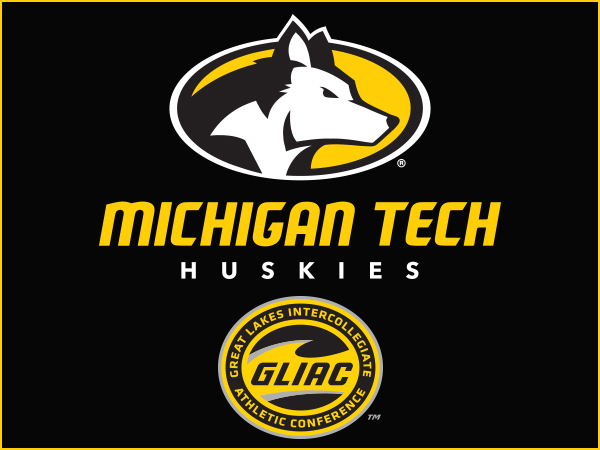
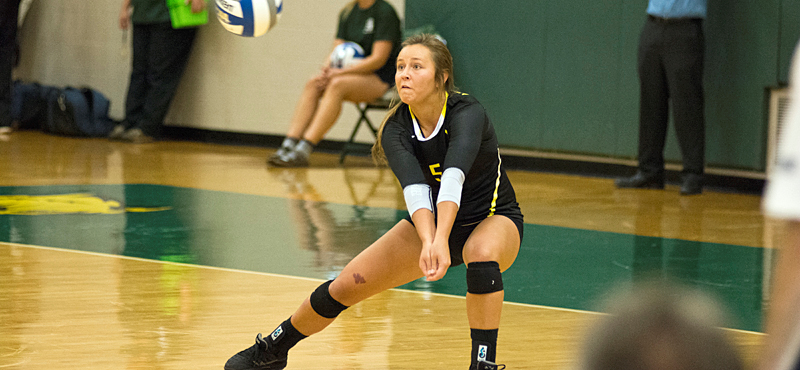
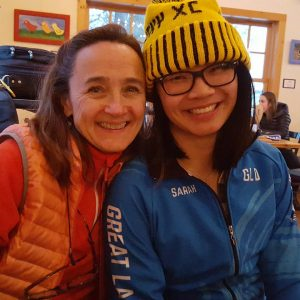

 Julian Gabriel
Julian Gabriel Marcello Guadagno
Marcello Guadagno Nichole Mackey
Nichole Mackey Brianna Neeb
Brianna Neeb Sarah Wade
Sarah Wade

